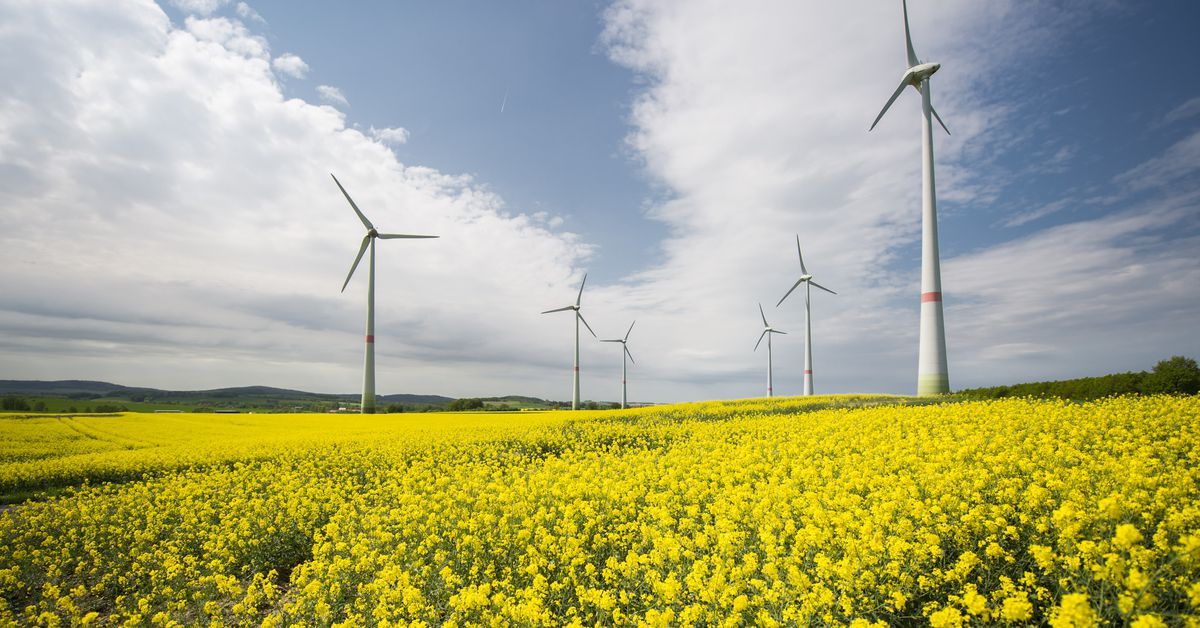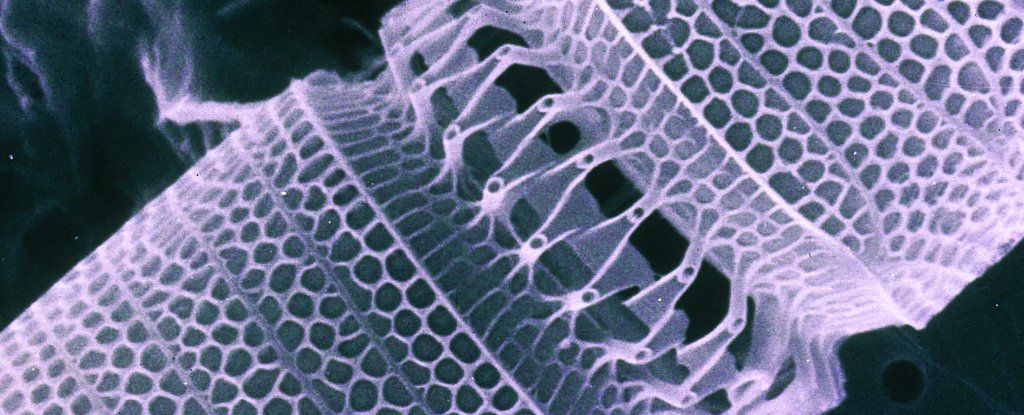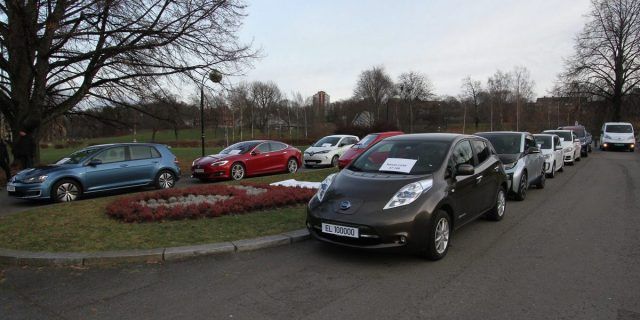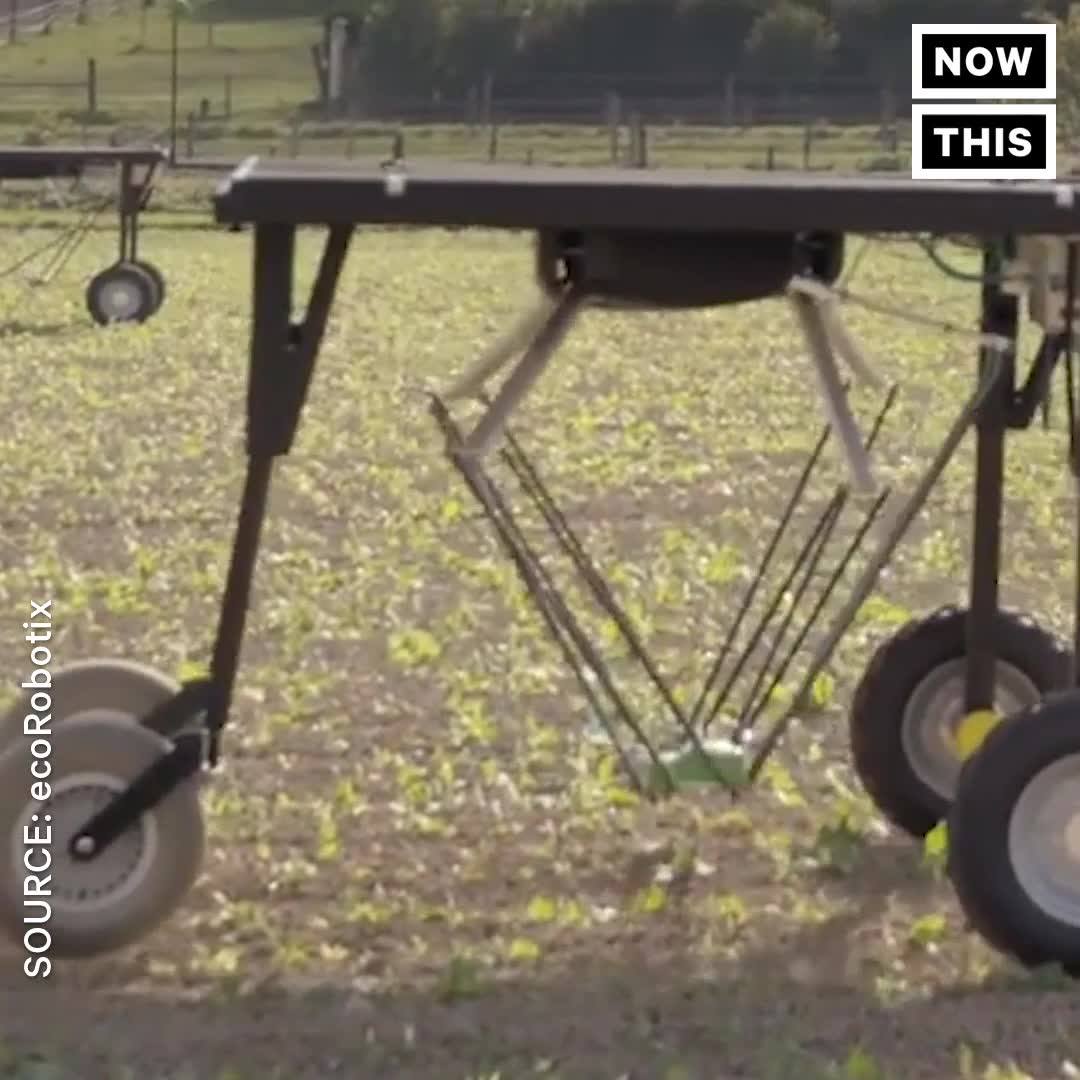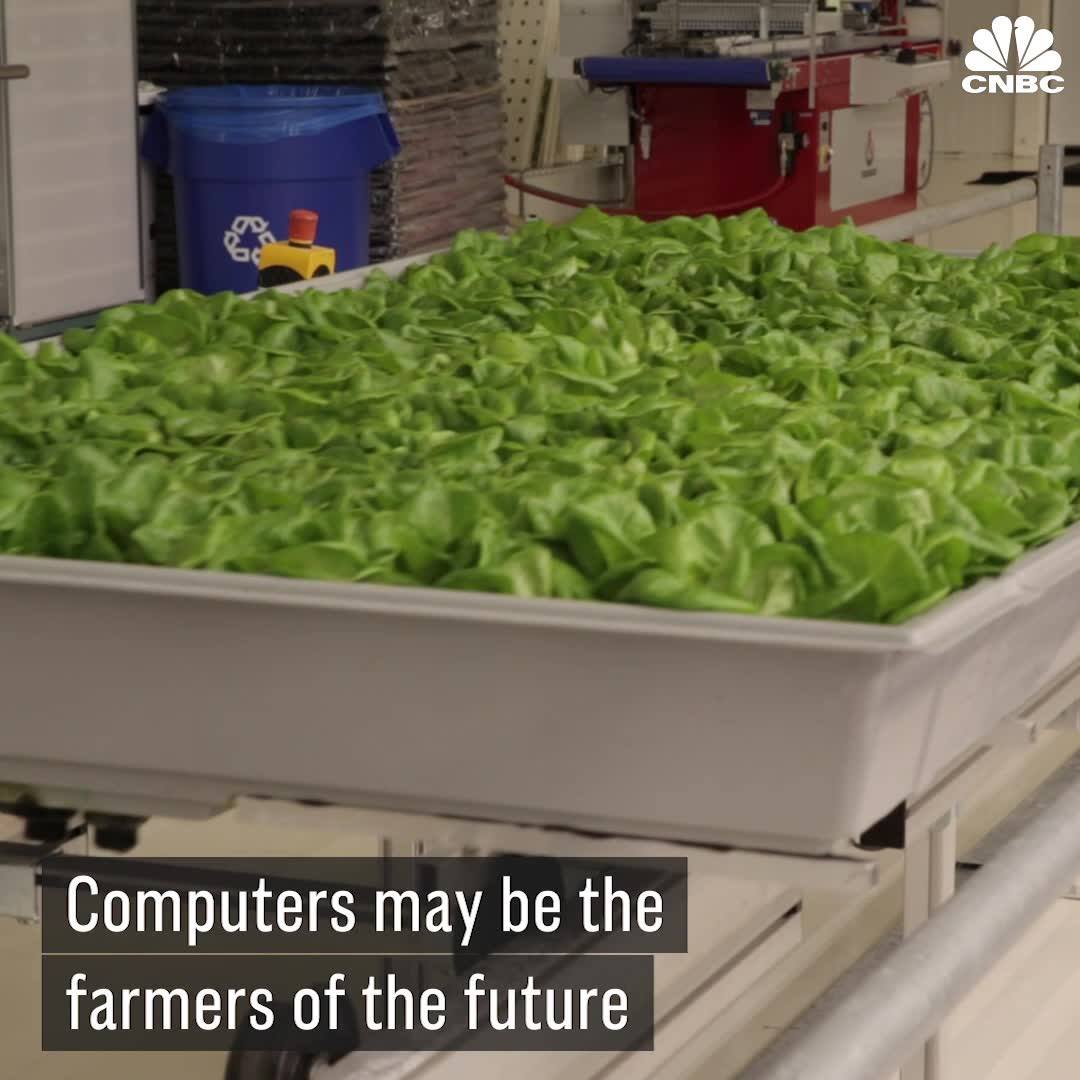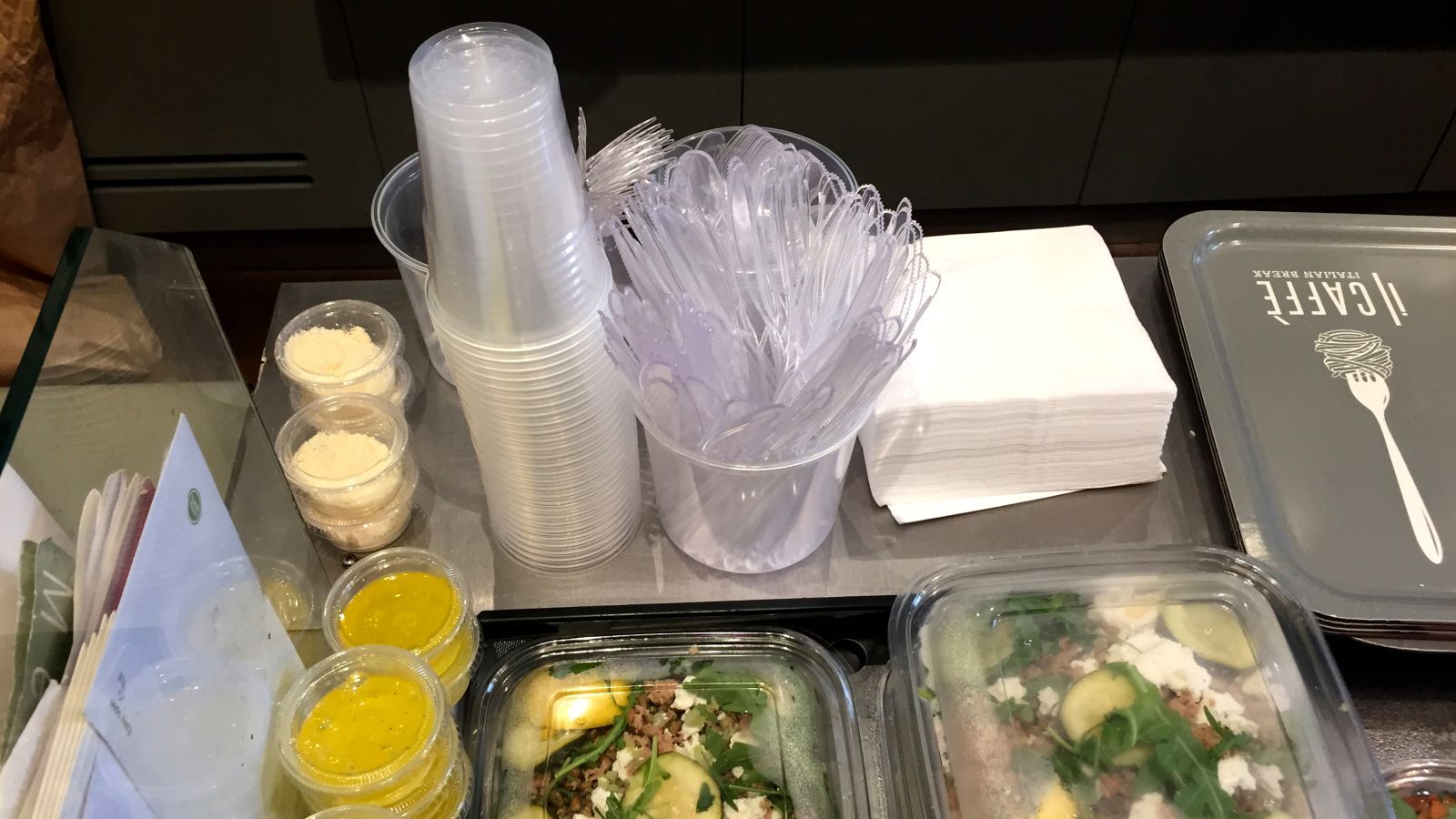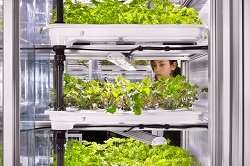May 31, 2018
Europe is building more wind and solar — without any subsidies
Posted by Bill Kemp in categories: energy, sustainability
In the United States, the energy market dynamics are quite different. There is less top-down pressure to deploy renewables in the US, and the main support comes in the form of tax credits on the back end rather than feed-in tariffs or other subsidies on the customer-facing side. These subsidies are applied across the industry and not through a competitive bidding process. As a result, there isn’t as strong a push to get the industry off the incentives that are available.
But one element of the American renewable energy experience is gaining ground in Europe, namely the use of power purchasing agreements (PPAs) with utilities to buy electricity at a fixed price for years at a time.
PPAs are far less common in Europe than in the United States, but some of these new unsubsidized renewable energy projects are counting on them.
Continue reading “Europe is building more wind and solar — without any subsidies” »
